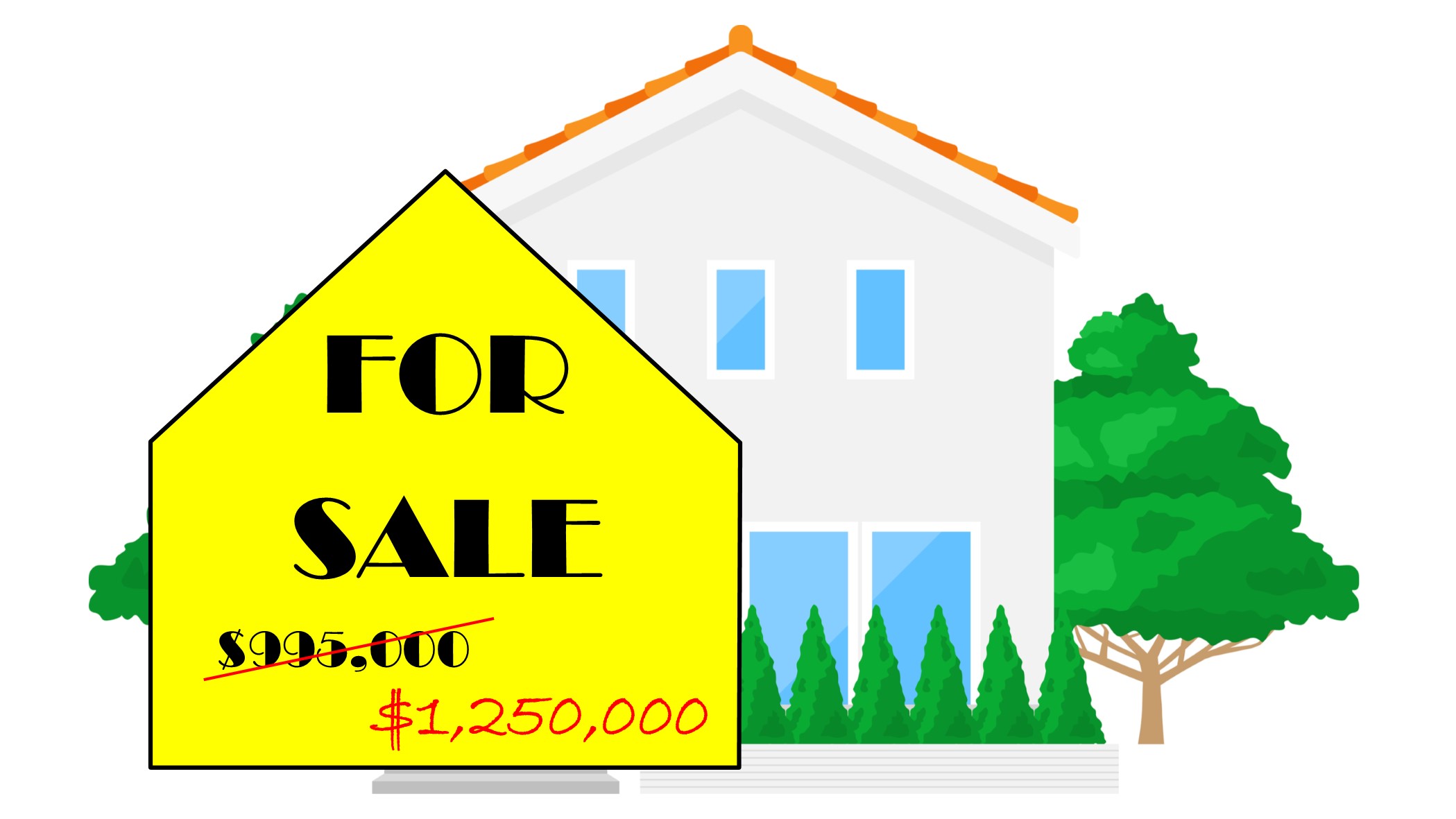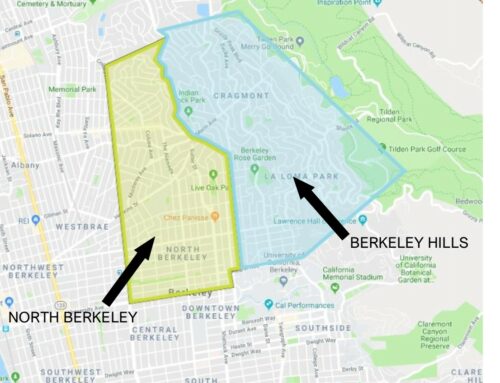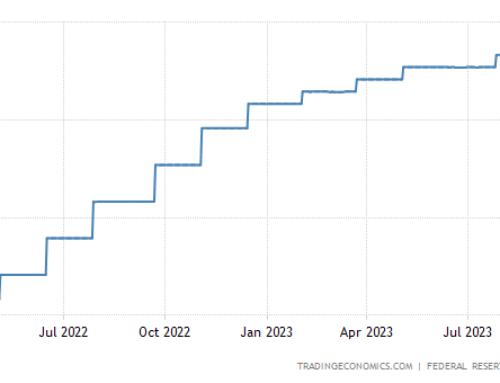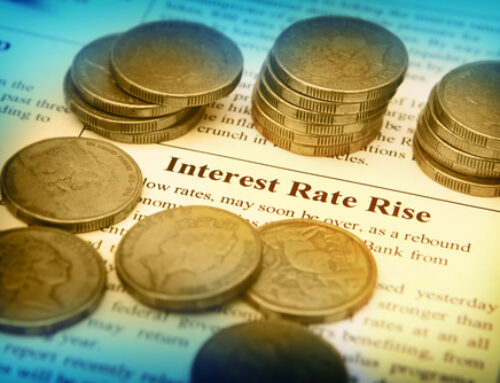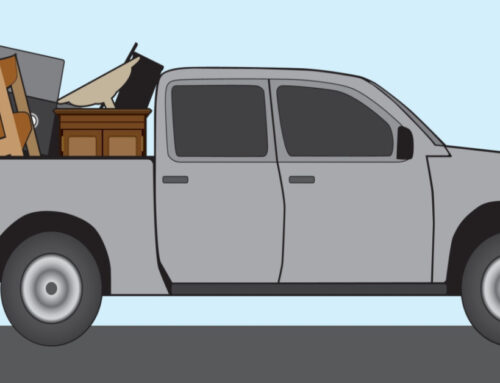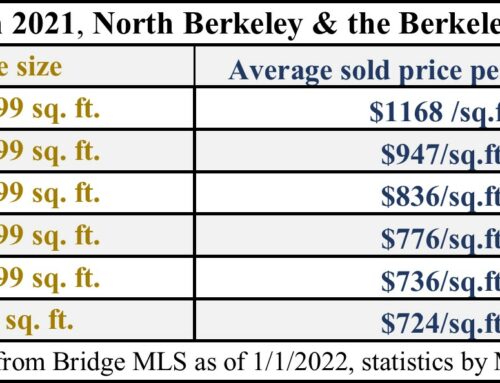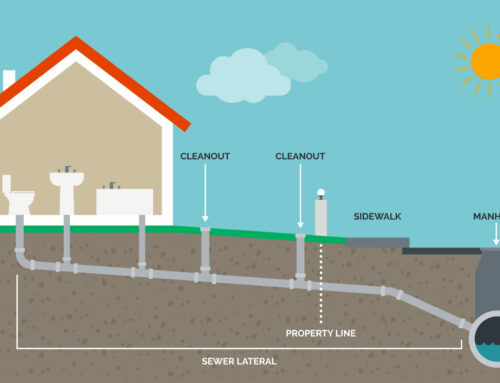Why do list prices sometimes increase after a property has been on the market for a while?
In most parts of the country, properties come on the market, and if they don’t sell after a period of time, motivated sellers will reduce the list price to attract buyers. Around here, if a property is not getting the interest the seller hoped for, sometimes the seller will reduce the list price, but other times the list price will increase. What’s going on?
The answer lies in the strategy that was followed in choosing the original list price. In other areas, the typical strategy is to choose a list price around market value, or sometimes a little above market value “to leave room to negotiate.” If the property doesn’t sell after a certain period of time, that’s a signal that the list price is too high, so the right response is to reduce the price.
Around here, things are more complicated because there are different strategies for choosing the list price. Some properties follow the strategy I just described, going with a list price at market value. This strategy makes sense for properties where we don’t necessarily expect there to be multiple offers, perhaps because the price point is high, or there’s something specific about the property that the right buyer would find appealing, but that wouldn’t work for everyone. For properties where the list price is around market value, the correct response if they don’t sell in a reasonable amount of time is a price reduction. (Note that “a reasonable amount of time” in this case might be somewhat longer than the two-week marketing period we often see in Berkeley, because with this strategy, you’re waiting for the one right buyer to come along.)
The other strategy, which is of course the most common one in Berkeley, is to choose a list price that is below market value, to attract multiple offers and competitive bidding on a specified offer date. What if a seller chooses a low list price, but doesn’t get any offers on the offer date, or gets just one offer at the low list price? In this case, one reasonable response is to increase the list price. After the offer date passes, the likelihood of getting multiple competing offers is quite low. Sellers in this case can switch to the other list price strategy, and increase the list price to market value. Note that there probably is some information in the fact that the property didn’t get multiple offers, and that information should be taken into account in choosing the new price.
The right list price strategy for a particular property depends on the characteristics of the property itself, and how the market is doing. Choosing the right list price is key. The houses that are priced correctly from the start are the ones that sell quickly and for the most money.

